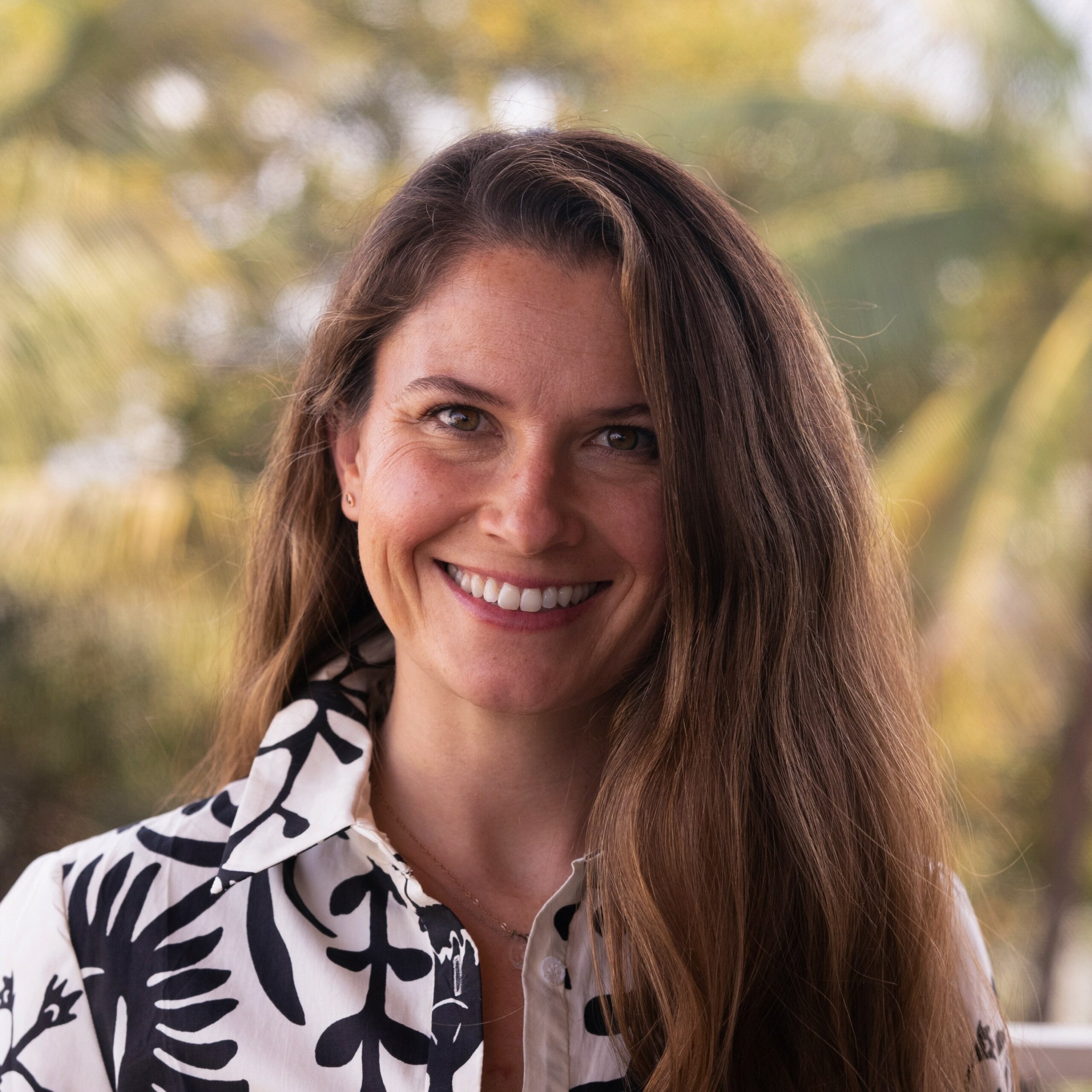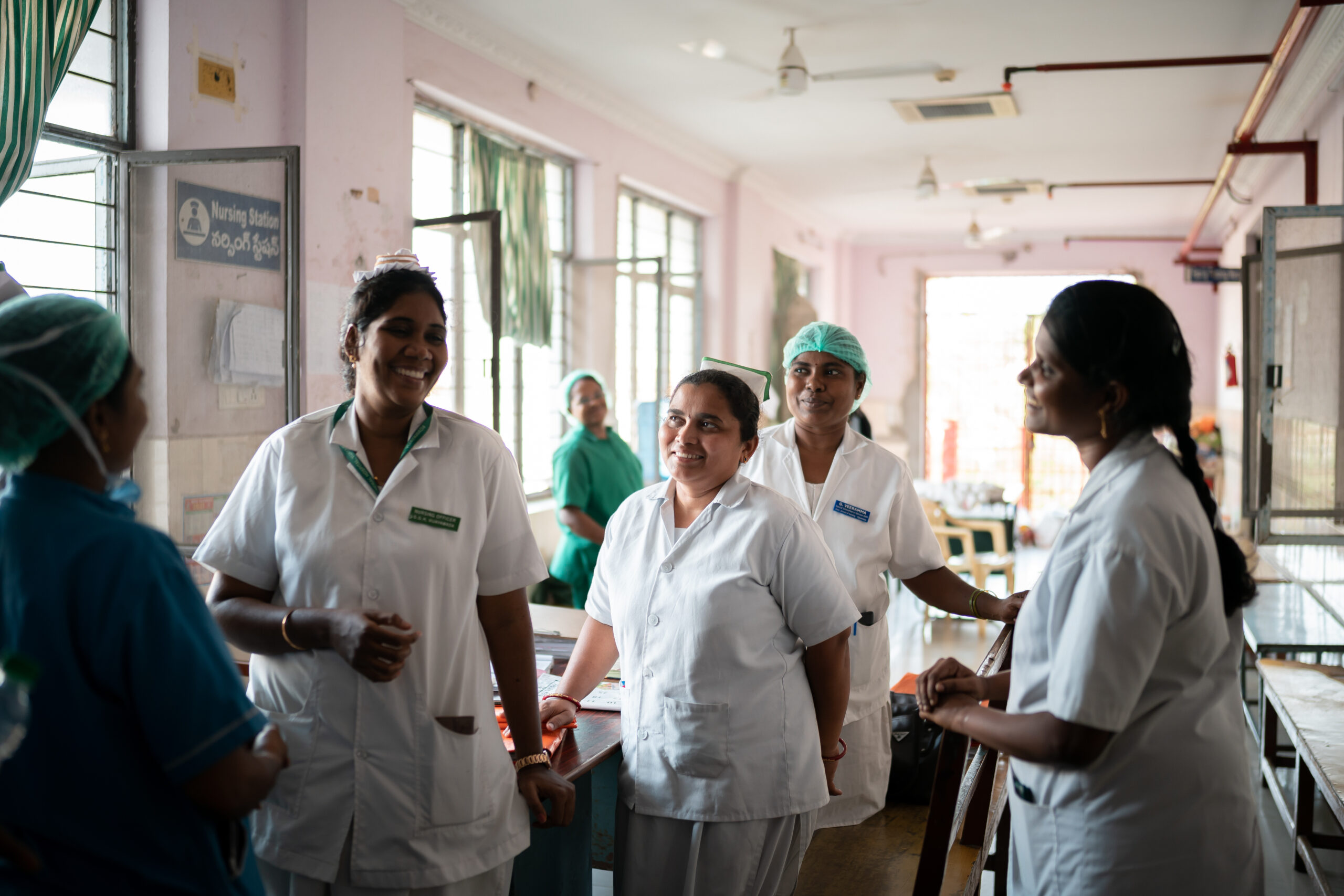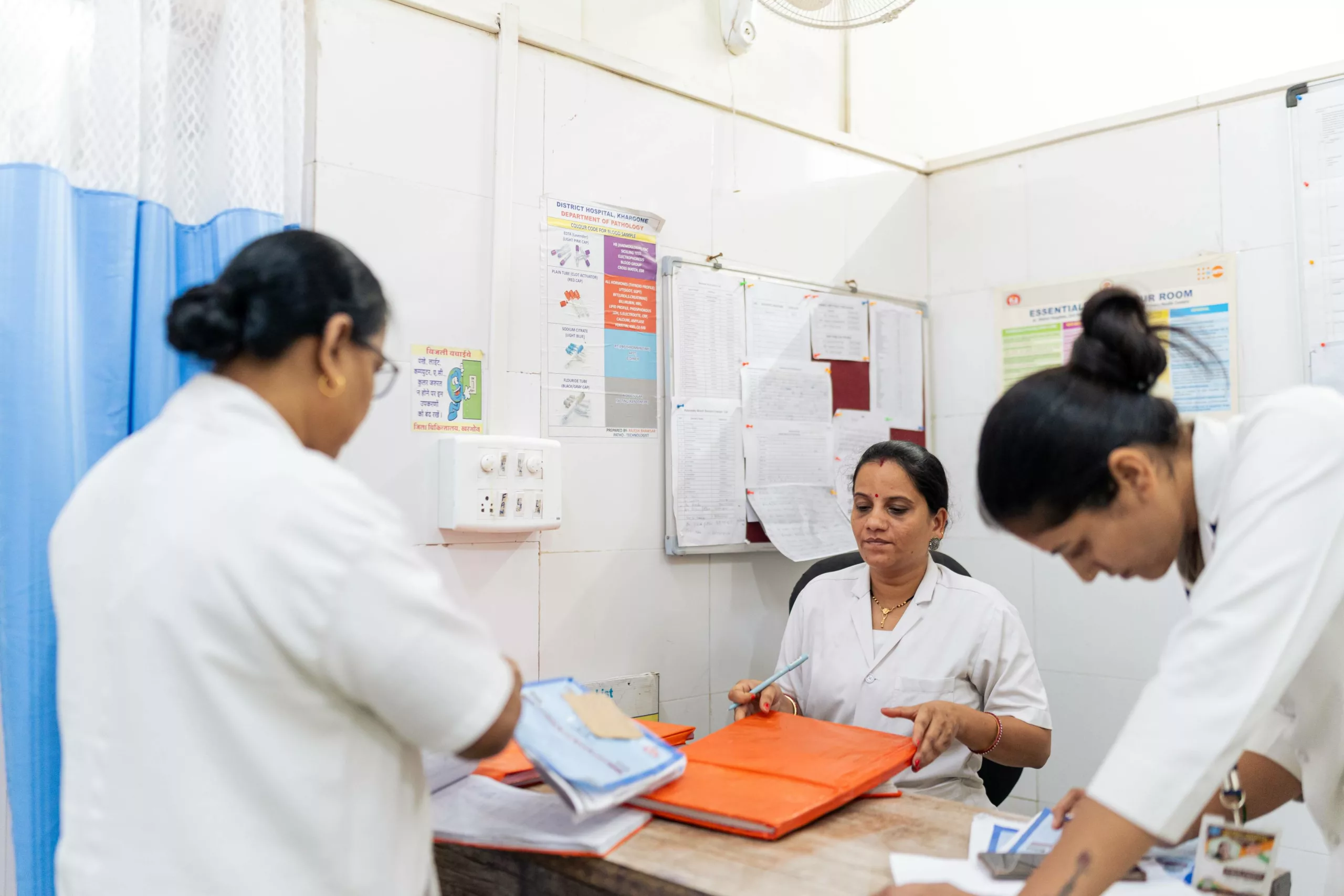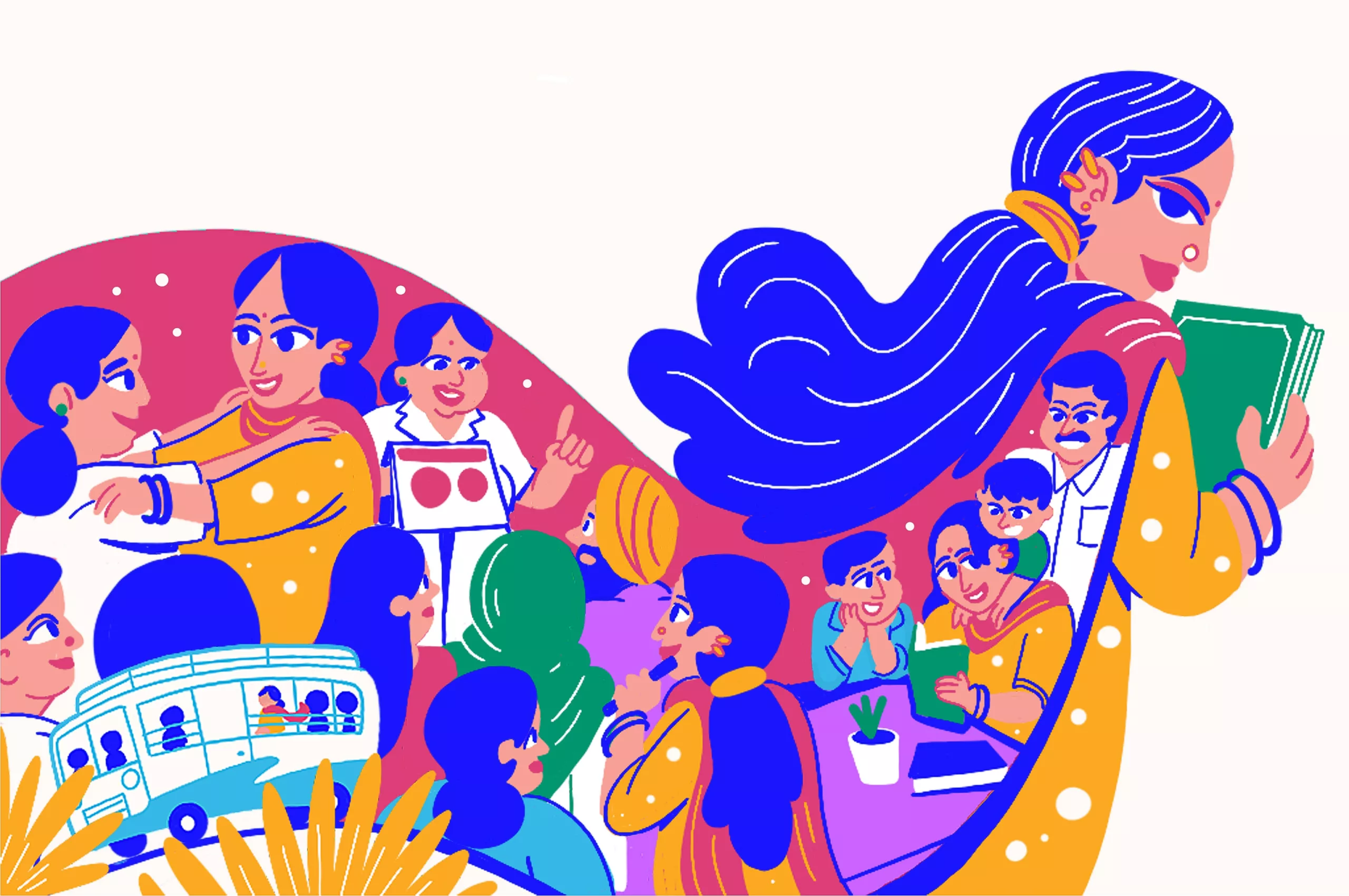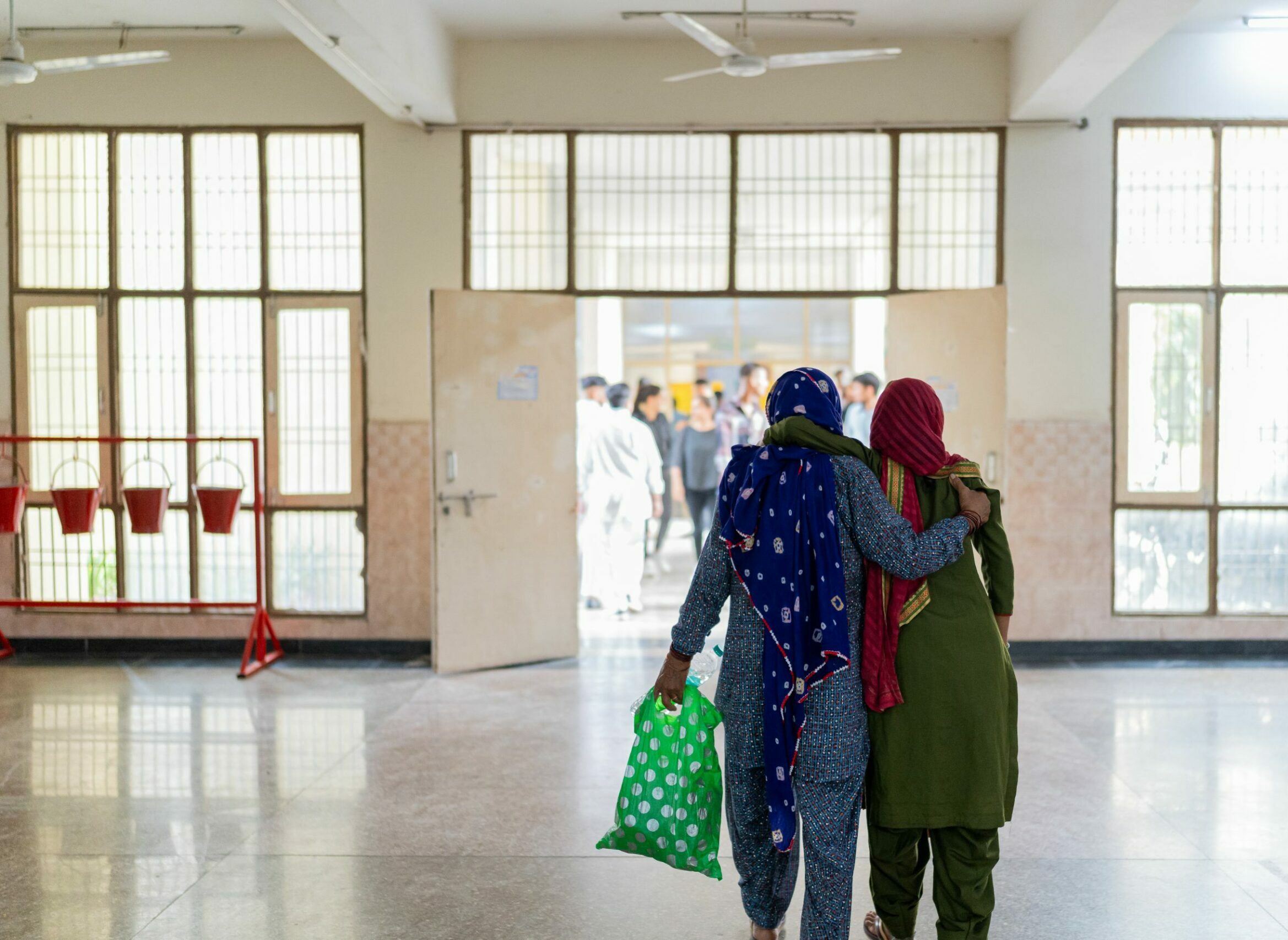

Reflections from an audacious year
The story of what happens after receiving two prestigious social impact grants.
Just over a year ago, our organization was given an opportunity beyond anything we could have dreamt of.
In April 2022, Noora Health was honored as a TED Audacious Project grantee and received the Skoll Foundation Award for Social Innovation, both in the same month. We were shocked, humbled, and — if we’re being completely honest — experienced a good amount of imposter syndrome.
As one might expect, these incredible opportunities were nothing short of rocket fuel for achieving our most ambitious goal yet: Expanding our flagship Care Companion Program (CCP) to more than 70 million caregivers and patients across Bangladesh, India, Indonesia, and Nepal by 2027.
Moments like this are massive, strategic inflection points in the journey of any organization. They shake things up in an exciting way. And so, as co-founders and co-CEOs, we wanted to take a moment to pause and reflect on the rollercoaster that was the past year — celebrate our successes, embrace the challenges we have faced so far, and set intentions for the future. The hope is that documenting our path to growth will allow us to understand what we’re doing well and where we need to do better. And maybe these reflections will resonate with others who have big dreams and are making them happen.
Setting up systems and processes for scale and impact
It’s one thing to say that we’re going to reach 70 million people in six years and another thing to actually put it into practice.
Early on in Year 1 of this ‘big plan,’ as we grappled with questions around the best way to exponentially grow our programs, we realized that a business-as-usual approach would no longer work. Up until then, Noora Health had been a small-ish organization focused on deepening our work in a single — yet vast – country, India. While we had started work in Bangladesh, the pace was measured. Expanding to healthcare systems in two new countries, while continuing to grow in India and Bangladesh, required a fundamental change in the way we worked and made decisions. And so we decided to undergo a process of redefining and rethinking the way we organize ourselves.
Edith and Shahed on stage at TED 2022.
Throughout 2022, our leadership team worked closely with The Bridgespan Group to redesign our operating model and organizational structure in service of our long-term growth strategy. As part of this, we focused on building out country-specific teams, where a majority of ownership for the strategy and work that is happening will come from. In addition, there is a small shared team, which supports setting up in-country teams and facilitates cross-learning. The idea here is to be as localized as possible and make sure decision-making happens where the impact happens. While it’s still early days of us testing this new way of working, we’re seeing it come to life as we expand our work into Bangladesh and Indonesia.
Staying grounded in our values
As we build ourselves up for the next stage of growth and navigate this powerful new momentum driving our work, a question that has been playing on our minds is: How do we make sure that this process doesn’t change the core of who we are and what we do?
This year has been an important exercise in understanding and preserving our culture and core values of accountability, empathy, and equity — which we hold sacrosanct. For instance, as we grew our teams and expanded to Bangladesh, we were forced to think about how our organization, culture, and program showed up with new people and in a new context. One significant realization we had was the importance of in-person cross-learning for our teams, especially when setting up an office in a new country. Matters of values and culture are nearly impossible to convey over Zoom — they’re things you have to see in action, feel day to day, and learn by doing. While being forced into remote working because of the pandemic gave the new team in Bangladesh an opportunity to set some of their own approach, now that teams have been able to spend more time in-person together we are seeing just how valuable it is for our growth and culture.
This is not to say that our approach is perfect. There continue to be questions and uncertainties in terms of how best to tread this fine balance between scaling, incorporating learnings from our new contexts into how we work, and staying true to our values — questions that we’ll continue to find answers to over the next few years.
Designing with, not for
Another important long-standing pillar of our work at Noora Health has been human-centered design. From the very beginning we have used deep empathy and needfinding to lead our program design process. For us, ‘experts’ are the people who engage with the healthcare system, day in and day out. Unfortunately, these are the voices that tend to often get left out when trying to scale.
And so, as our program grew and evolved over the past year, so did our approach to design. We have leaned heavily on a co-creation methodology with our key stakeholders in an effort to ensure that the many people our program serves – nurses, patients, and caregivers – continue to drive program design, albeit in a more formalized and thoughtful way.
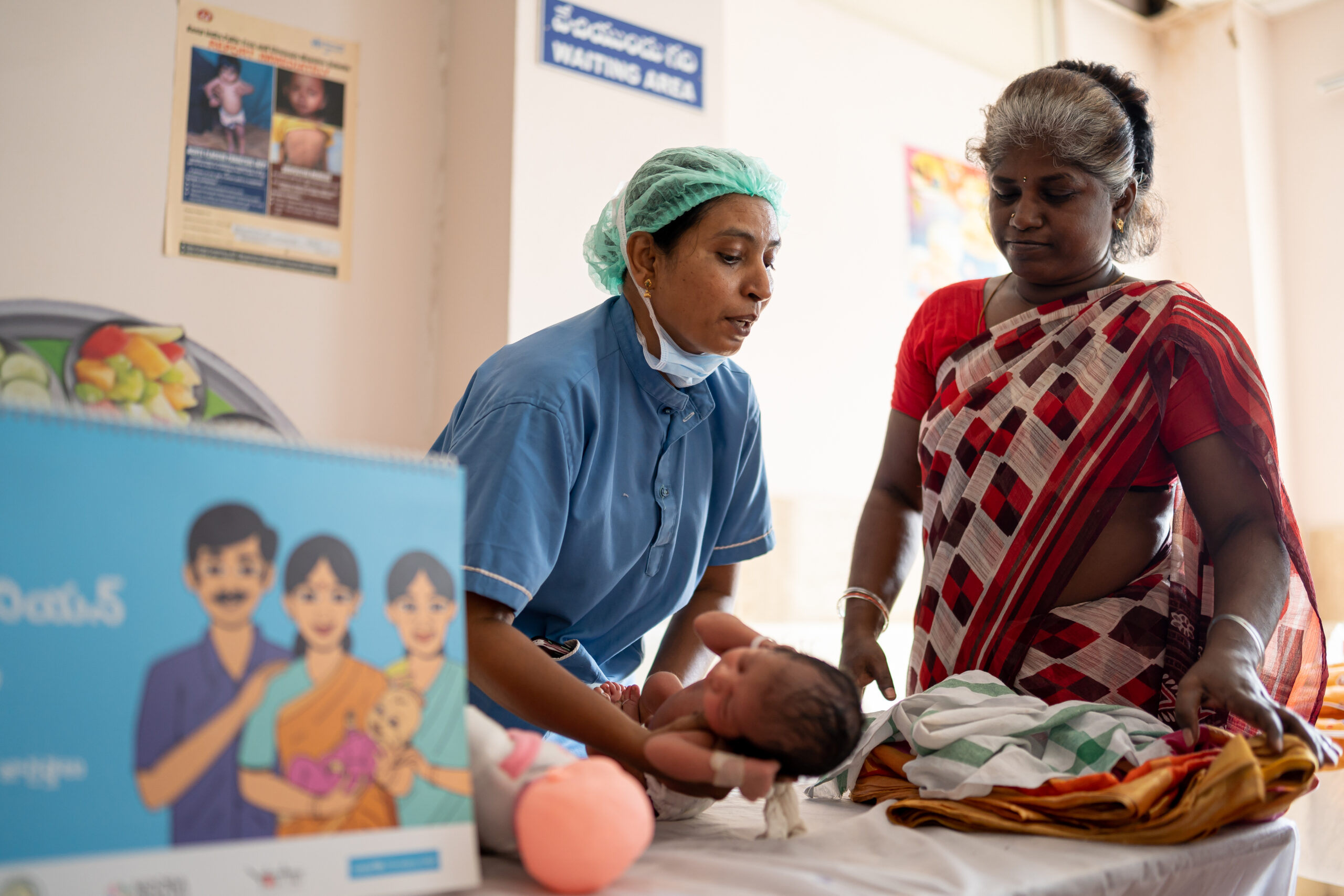
Early in 2023, we took our first steps in two new geographies — Indonesia and Andhra Pradesh, India. In both, we piloted co-creation workshops to localize and customize our program to each of their specific health system requirements, which are different from where we’ve worked previously. The sessions underscored for us that it is possible to ground our growth in the voices of the communities we serve.
As we continue to expand to new geographies, we’re committed to designing with and not for the people we serve. Though it’s not easy — co-creation is both time and resource intensive — both us, and our partners, see it as crucial to the success and sustainability of our work and impact.
Keeping care at the center of what we do
When you’re fortunate to have an opportunity as significant as this, it comes with many (big) expectations, both internal and external.
As exciting and joyful as all of the new work is, we’d be lying if we pretended it isn’t somewhat anxiety-inducing as well. It’s no secret that social sector leaders face high levels of burnout. With big, long-term targets looming, there can not only be physical burnout from overworking, but also emotional burnout from the daunting task at hand.
And so, this year we’ve had to constantly remind ourselves that we can’t keep doing the work if we don’t care for ourselves and each other. What we’re trying to do is audaciously impactful, but we also have equally enriching lives outside of Noora Health — as individuals, friends, parents, children, and partners.
Care and love are the driving forces behind Noora Health’s programmatic work and we’d be remiss if we don’t honor these relationships and practice collective care in our personal lives.
Since we started out, we’ve been extremely privileged to have a supportive community of funders, board members, and peers who are constantly asking us how we’re doing, reminding us to take care of ourselves, and often providing tangible support for us to do so. Another deeply reassuring element going into this year has been having the support of a co-founder and co-leader who steps up when you may need to step back. Maybe we’d be able to embark on this journey alone, but it definitely has been more fun having each other to work with.
On a more personal note, the awards came at a time when we really needed it and reaffirmed our commitment to the work we do. Noora Health started out as a bit of an experiment; a graduate school project that snowballed into something bigger. We never intended to start an organization—we had other life plans. But on seeing hard evidence of the program’s positive impact, and the commitment of an incredible community of healthcare workers and early colleagues to the mission, we decided to go all in and see where it took us. Yet, at the back of our minds there was always a more long-term question: Is this what we’re dedicating our lives to? Or is it a stop along the way?
As leaders of social impact organizations, we often don’t have clear markers of success that for-profit businesses do. Seeing Noora Health flourish over the past year has made us exponentially more excited and motivated to focus all our energies into achieving our audacious goals and long-term vision of making caregiver training the standard of care globally. It has also taught us that the success of the work depends on the people who accompany us on our journey. We cannot do it alone. We’ve laid the foundations for the massive growth we’re starting to see in 2023. As we race toward it, our hope is that we’re able to remain flexible and innovative, have our teams flourish, and stay true to our core values and mission.
